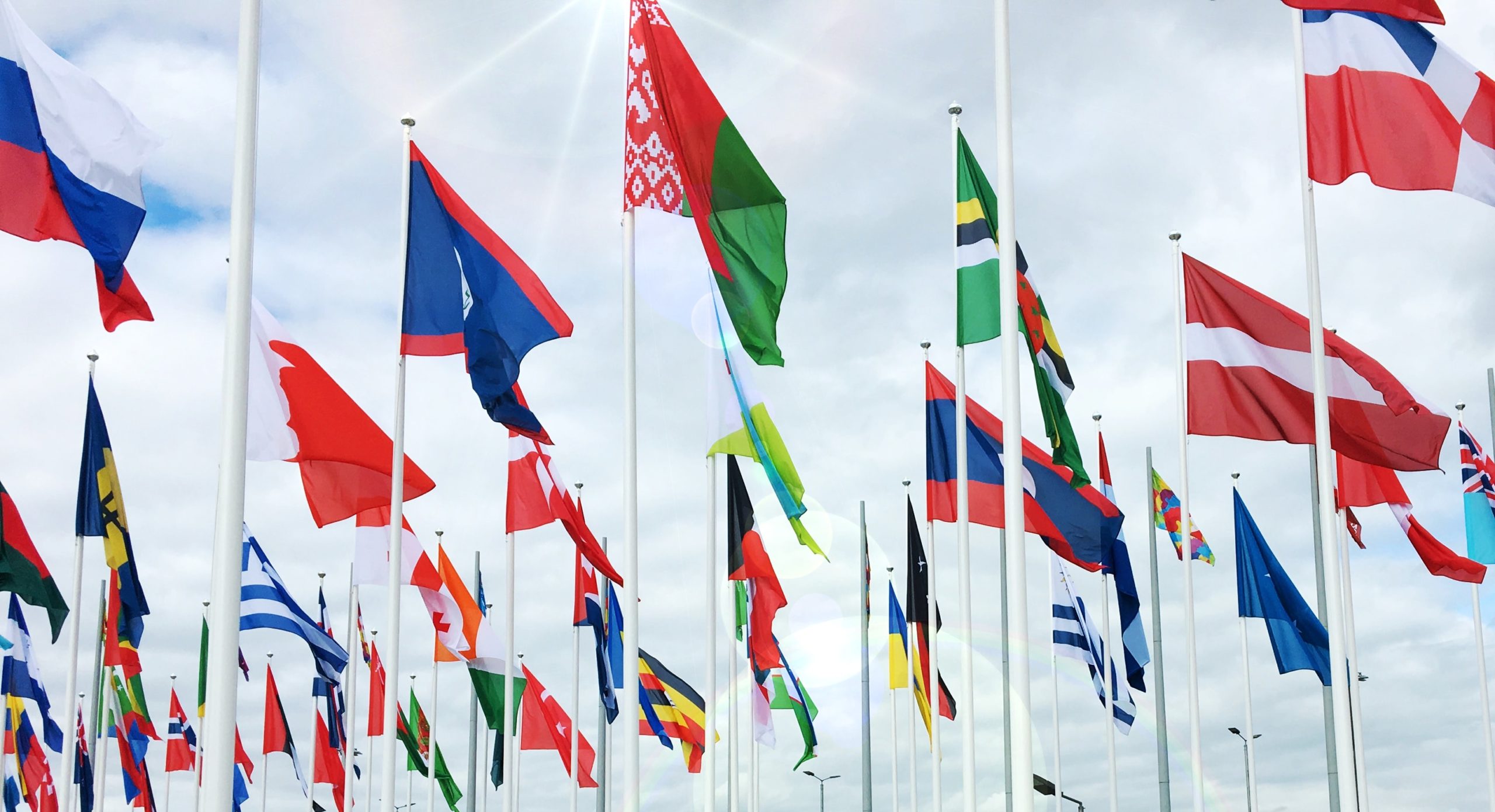
It can sometimes be difficult to advocate for multilateralism in today’s world. The international state system is marred by competition, distrust, and a preference for state-centric behavior that eschews multilateralism and collective solutions to problems. The world’s most august security body the United Nations Security Council has turned into a forum for diplomatic stagnation, and not solutions. While diplomats chide and veto one another in New York; wars in Syria, Yemen, and Libya drag hopelessly on, leaving mass human displacement, insecurity, and disorder in their wake.
The once dominant United States has retreated from its role as the sole superpower, and guarantor of international institutions and alliance structures. Power abhors a vacuum, and multiple actors have rushed to fill the space, leading to a rise in suspicion and distrust among states, while the global policeman looks away, seemingly disinterested.
No better has this been demonstrated than in the rapid pull-out of US and NATO forces from Afghanistan, leading to the collapse of the government in Kabul, and the rise to power of the Taliban. For those who believe in bolstering good governance, and the maintenance of institutions which promote equality and rule of law, the summer of 2021 has not been a happy one.
But there is a fundamental truth that the US and its allies across the world have finally come to realize. Which is that no country can, or indeed should be left to enforce the world’s rules alone. And secondly that no country should be left to face insecurity, violence, and institutional collapse alone. Conflicts have a nasty habit of spreading if left unattended, leading to insecurity, the growth of organized crime, and mass population movements, all of which have real social and political consequences both inside and outside their borders.
Should traditional fora (particularly under the rubric of the UN) prove unable or be inappropriate to solving the problems of today. Then there are numerous ways in which states can, and indeed do club together to focus on shared goals. The Biden Administration voluntarily re-entered the Paris climate change accords, the Russians and Chinese raced to fund and provide vaccines for the world’s poorest nations, and multiple countries have stepped in to provide assistance to Afghan refugees fleeing their homeland. States can act collectively as individuals, or as part of ad hoc coalitions, the UN’s influence and collective voice can and should guide those actions, but it need not be the only game in town.
As these brief examples show, aligning nations together on issues of critical importance, be it climate change, population displacement, or rebuilding the world after the Covid-19 pandemic is possible. The question in today’s more competitive world is how to sell collective action as desirable when states are more inclined to look to their own problems first before clubbing together to help others. The answer is quite simple, building walls cannot stop viruses from spreading, ignoring refugees to their fate will not stop them coming, and leaving Afghanistan to the Taliban as a problem “for those people over there” will have civic and ideational consequences that are far-reaching and long-lasting.
There are challenges to collective action, but the logic which underpins the need for states to work together is as strong as ever. The key is not to think about multilateralism as being set in stone by a post-1945 framework of institutions, but to approach action in a more flexible and ad-hoc way. Guided by the right ideas, countries can work together under the broad framework of shared objectives in order to advance their individual and collective goals.


Michael is a Senior Associate at Globesight, with a particular focus on multilateral organizations, and the Middle East region. He is co-author of the book "What next for Britain in the Middle East" released in September 2021.